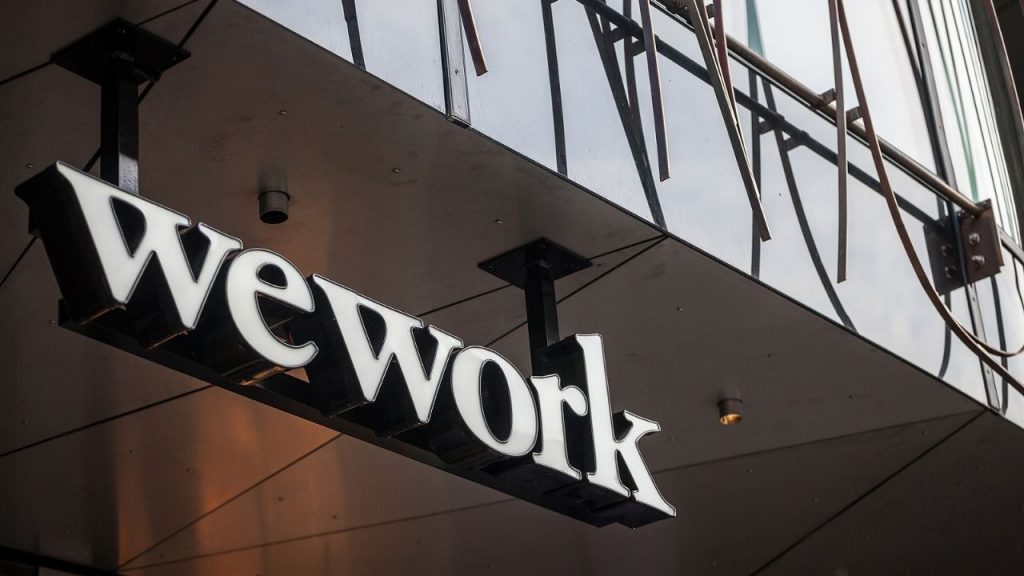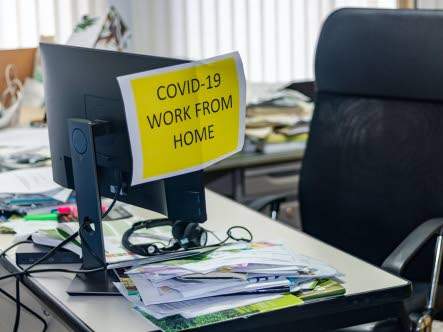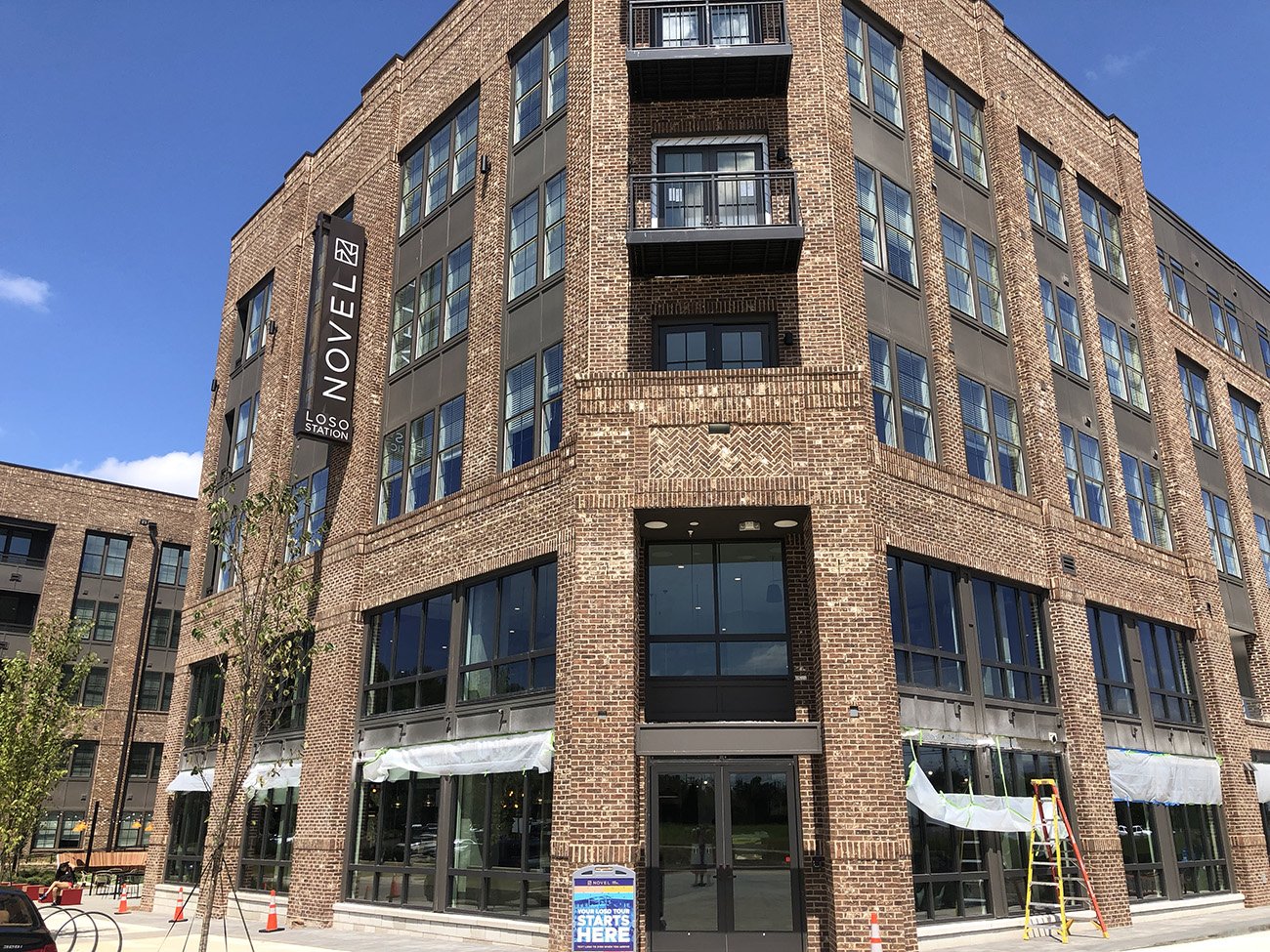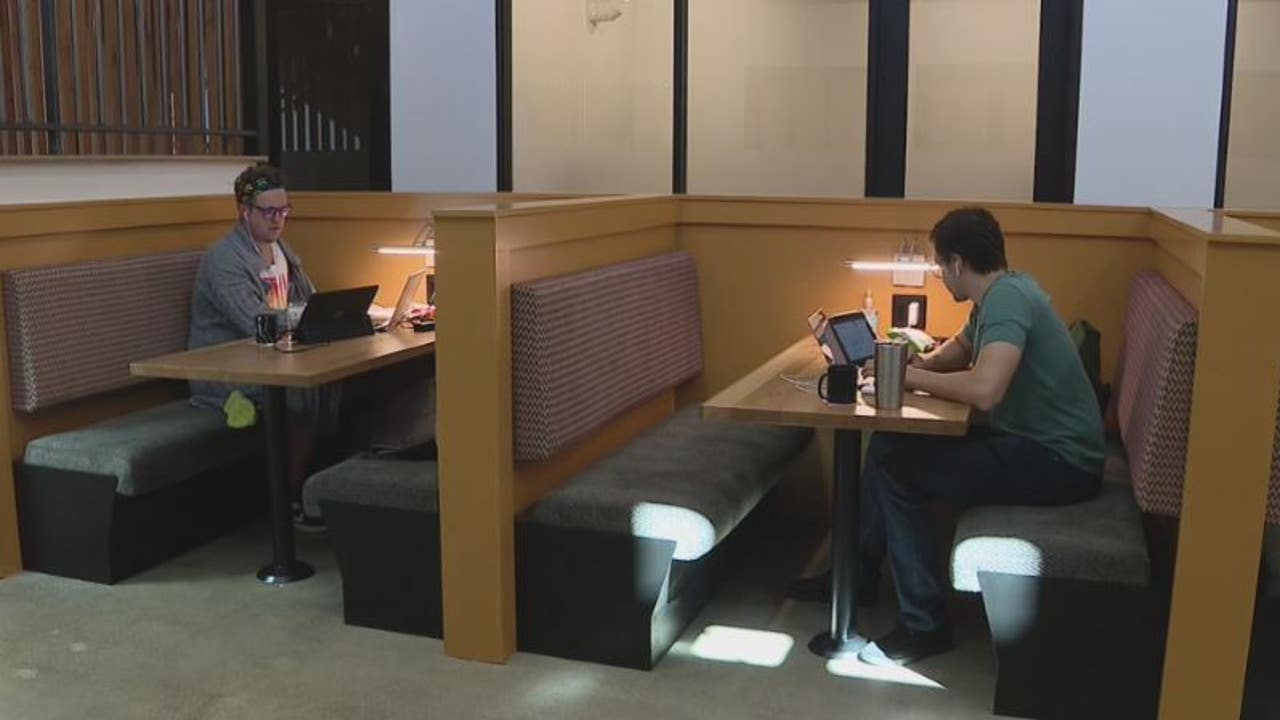NEW YORK (Reuters) – WeWork owner The We Company disclosed data on Friday that showed expansion of its office-sharing business was almost doubling in size from a large pipeline of leases even as the money-losing company plans to slash costs and reduce its headcount.
WeWork divulged a presentation it gave prospective creditors in October about two weeks before SoftBank agreed to a $9.5 billion bailout to keep the company afloat before cash on hand was expected to run out some time in November.
The data showed that as of the third quarter WeWork planned to add 450,000 desks through leased locations that have not yet opened, which would represent almost a doubling in size from the 520,000 desks already up and running.
The Oct. 11 presentation said that “despite the noise,” an allusion to the intense media focus after We withdrew its plans to go public in September, “we have continued to perform.”
The 49-page presentation highlighted changes underfoot to emphasize a renewed focus on WeWork as its core business. The presentation also showed the company distancing itself from the much-criticized leadership of co-founder Adam Neumann, who relinquished control under the deal with SoftBank.
Going forward WeWork plans a “disciplined focus on profitable market-share expansion” instead of growing the business “prior to funding commitments,” which the presentation said occurred from 2017 to September 2019 under Neumann.
A 90-day game plan included reducing headcount in administrative operations, WeWork’s venture capital arm and in growth-related functions, a likely reference to the teams dedicated to designing and constructing new office sites.
No numbers were provided for layoffs. Marcelo Claure, the SoftBank executive who was named chairman of WeWork last month, has said layoffs are expected but has not said how many.
The presentation said WeWork plans to divest seven non-core businesses – Conductor, the Wing, Managed by Q, Meetup, SpaceIQ, Teem and Wave Garden. The units organize meetings, provide facilities and workplace management, and marketing.
The presentation also said plans divulged to investors in October to close RISE, the company’s wellness centers, are now under reevaluation.
Just over half of WeWork’s Naked Hub locations in China were what the company calls mature, or sites that have been open for more than 24 months, yet China’s occupancy rate was only 76%.
WeWork shelved its plans to go public on Sept. 30 after investors grew wary of its losses, business model and corporate governance. Neumann had resigned the previous week.

































